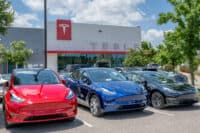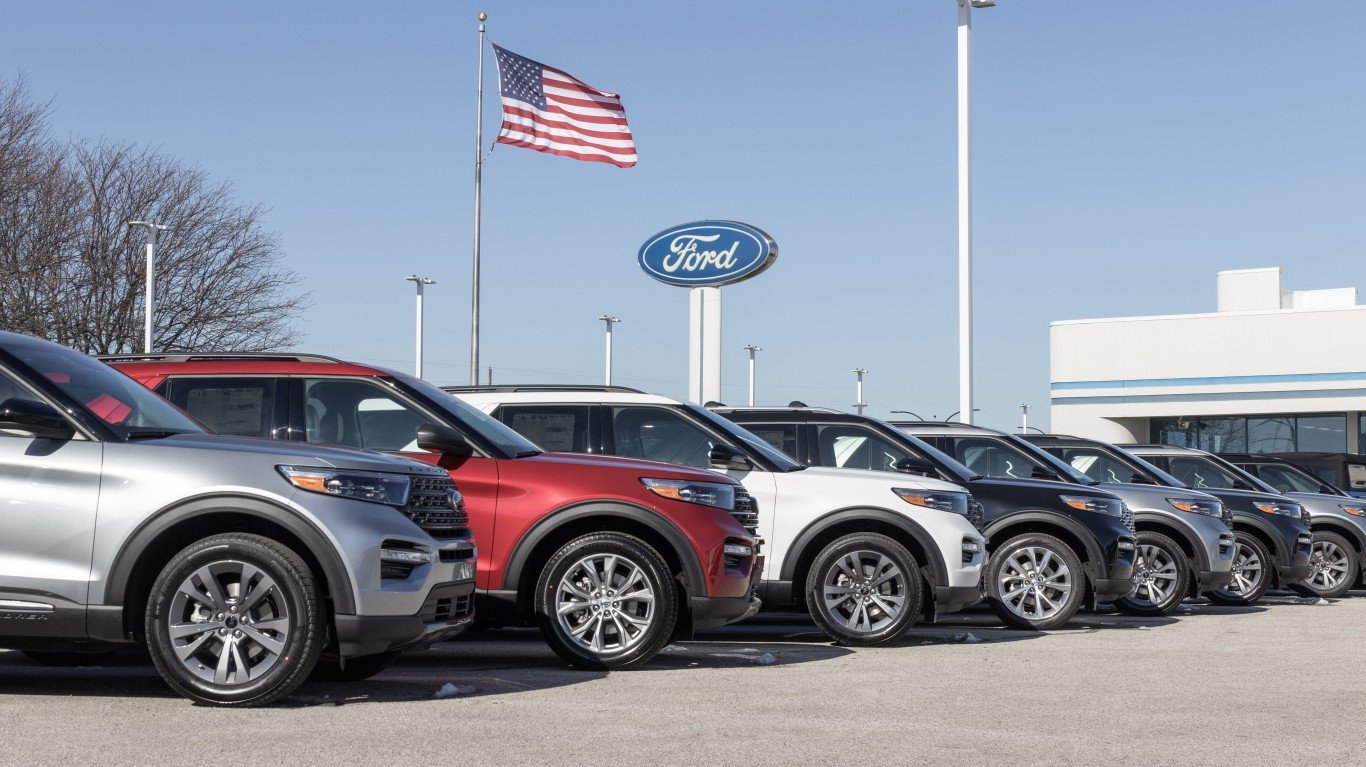 It takes little bad news to ruin a new product’s launch, particularly if the product is revolutionary enough to be strange to the public. According to the National Highway Traffic Safety Administration, the new Chevy Volt’s batteries can catch fire after a collision. The news, by itself, will keep many consumers away from Chevrolet dealerships and will set the electric car business back, perhaps for years
It takes little bad news to ruin a new product’s launch, particularly if the product is revolutionary enough to be strange to the public. According to the National Highway Traffic Safety Administration, the new Chevy Volt’s batteries can catch fire after a collision. The news, by itself, will keep many consumers away from Chevrolet dealerships and will set the electric car business back, perhaps for years
The NHTSA reported that in crash tests of the Volt, “two of the three tests produced thermal events, including fire.” The Volt received one of the most elaborate and expensive introductions in the history of General Motors (NYSE: GM). This makes the crash tests all the more troubling for an auto industry that has tried to move customers away from gas-powered cars to hybrids and electric models. Manufacturers need to make these products successful because, among other things, the federal government has increased the miles per gallon level that car companies have to reach by 2020.
GM’s pitch for the car was persuasive when it was introduced a year ago. “The Chevrolet Volt can be the only car you need to own,” said Mark Reuss, president, GM North America. “The Volt delivers it all: a revolutionary propulsion system, progressive styling, industry-leading safety, premium amenities and user-friendly technologies, and spirited driving dynamics.” GM’s plan was to compete with successful hybrids like the Toyota (NYSE: TM) Prius with a product that took personal transportation beyond the decade-old hybrid engine model.
GM’s approach to the new market was attractive to its auto manufacturing competitors. The U.S. car company spent million of dollars to promote the electronic car category. Nissan launched the LEAF. Ford (NYSE: F) said it would make an electric version of its Focus available this year. Several niche car companies said they would have products on the market by 2012. But none had the marketing budget or R&D work the Volt had. The new industry depended on the Volt’s success.
The Volt had problems before the reports engine fire that probably could have been overcome. GM said its would sell 10,000 Volts in 2011. It had only shipped 3,895 through September. GM blamed production slowdowns. Outside observers said the pace of adoption for a product so different from hybrids was much slower than GM has anticipated. The Volt, despite the massive push GM gave it, may not be popular for years, if it becomes popular at all. Consumers already have become comfortable with hybrids and happy about their low fuel consumption.
Nevertheless, some consumers who were attracted by an entirely “green” car might have considered the Volt. This would be so particularly if sales rose to the level at which it could be seen as a realistic alternative to hybrids. But a car with an engine that catches fire, particularly so soon after it goes on the market, will drive these consumers off. And, despite all of GM’s efforts, they may never return.
Douglas A. McIntyre
Take This Retirement Quiz To Get Matched With A Financial Advisor (Sponsored)
Take the quiz below to get matched with a financial advisor today.
Each advisor has been vetted by SmartAsset and is held to a fiduciary standard to act in your best interests.
Here’s how it works:
1. Answer SmartAsset advisor match quiz
2. Review your pre-screened matches at your leisure. Check out the advisors’ profiles.
3. Speak with advisors at no cost to you. Have an introductory call on the phone or introduction in person and choose whom to work with in the future
Take the retirement quiz right here.
Thank you for reading! Have some feedback for us?
Contact the 24/7 Wall St. editorial team.


